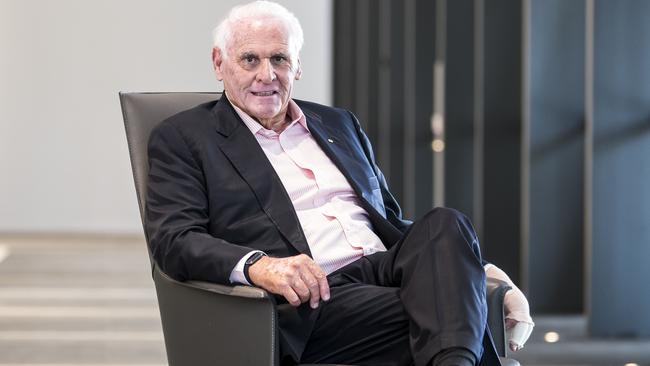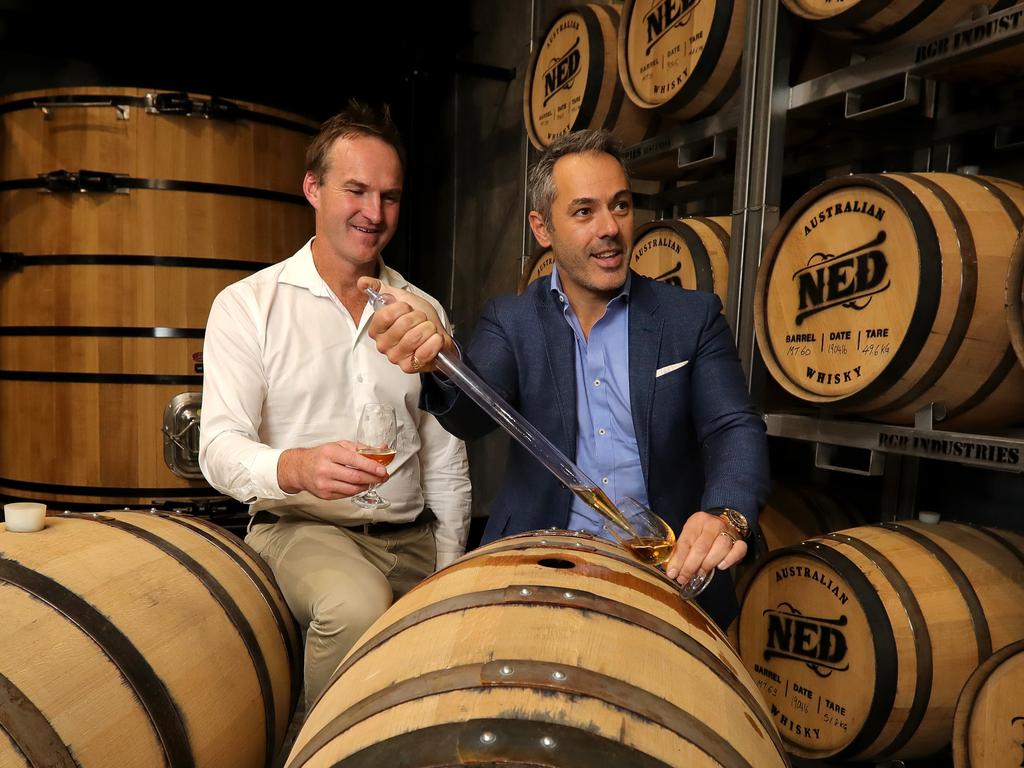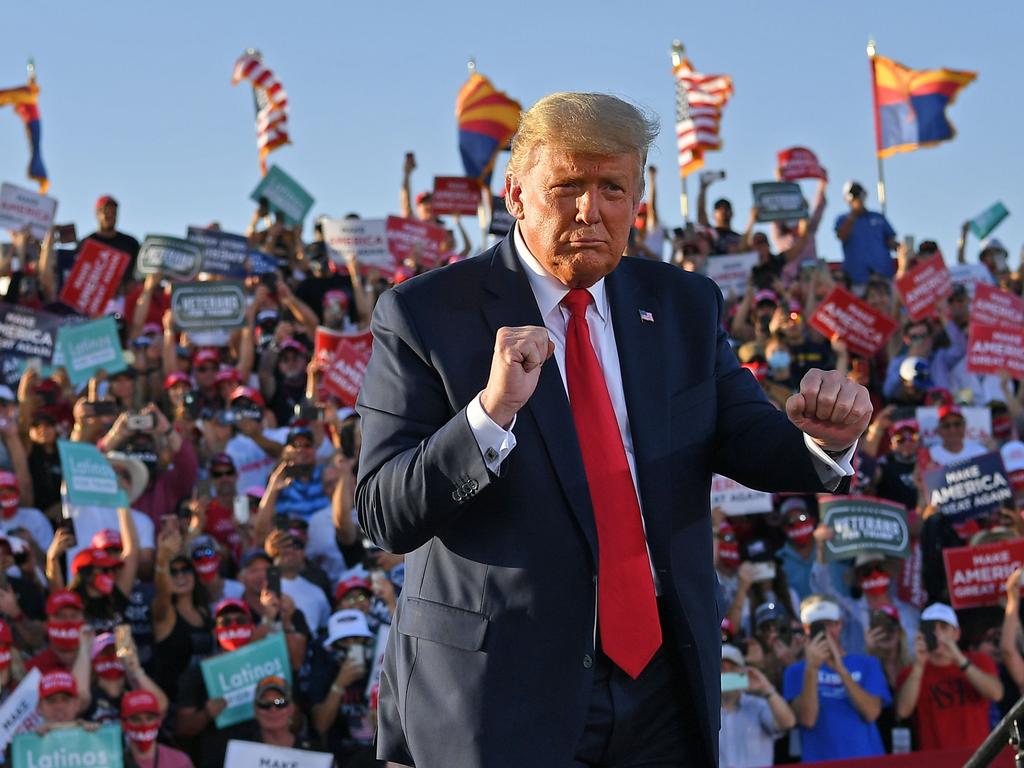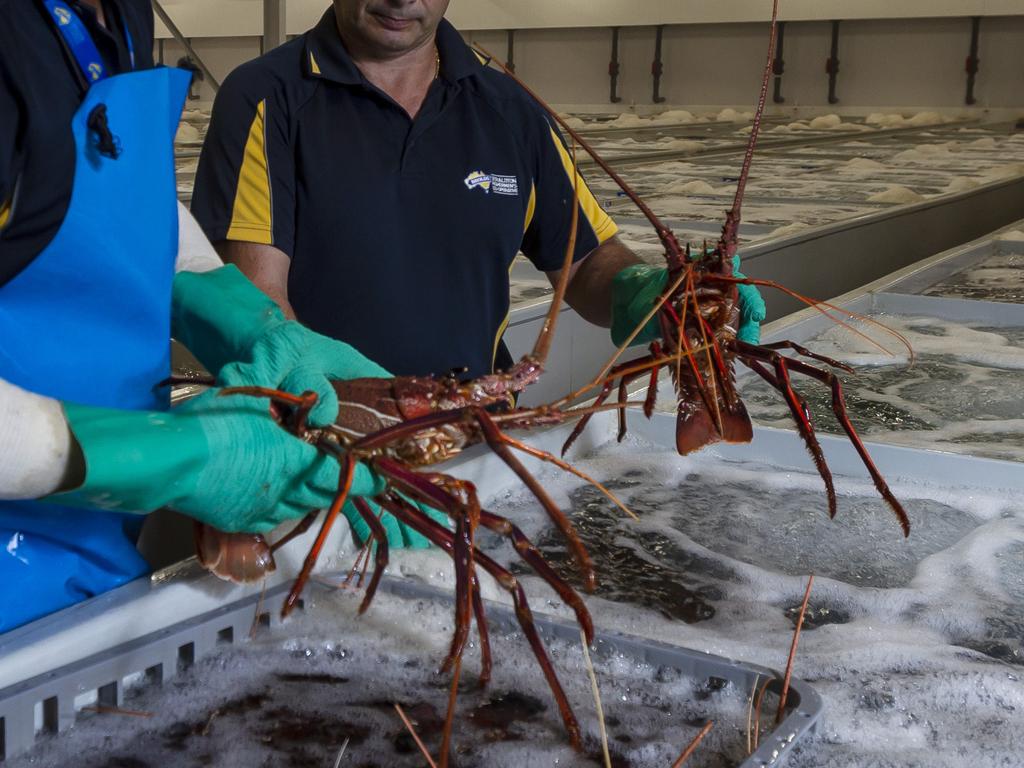Lang Walker in biotech play, but property still main game
Lang Walker has made billions in property but also has plenty of biotechnology investments.

Billionaire property doyen Lang Walker has made another foray into the biotech sector, emerging with a stake in a start-up seeking to improve treatment of vulnerable premature babies in intensive care.
Walker is among a group providing seed funding of $1.25m to Melbourne technology firm Ventora Medical, which has developed a non-invasive neonatal respiratory care Monitor.
The funding will allow the young company to complete animal studies and start human clinical trials early next year for the monitor, designed to help clinicians more accurately monitor the delivery of air to premature babies.
Ventora was founded by a trio of Melbourne students, Edward Buijs, Amy Yu and Alan Haszard, in 2018 while finishing their biomedical engineering and MBA degrees at Melbourne University.
They had seen how current neonatal monitoring systems did not provide comprehensive feedback for clinicians, given there is no accurate way to precisely measure and monitor levels of breathing support for premature babies.
Walker is investing in what is currently an unlisted private start-up, though he has a string of biotech stakes in ASX-listed companies.
One is chronic infection specialist Next Science, which floated in April 2019 a decade after Walker had first invested in what was then a start-up.
Next Science has developed patented treatments for biofilm-protected bacteria and Walker holds more than $80m worth of shares.
He recently chipped in about $2m of a $15m capital raising, though the company’s shares have more than halved in value since January.
Walker is also a key shareholder of Atomo Diagnostics, which listed on the ASX after raising $30m from investors in April. Other shareholders include former Macquarie executive Bill Moss and the Bill and Melinda Gates Foundation social impact investment fund.
Atomo’s rapid test devices are used for COVID-19, HIV and other purposes. The company’s shares are still trading about 50 per cent above their 20c issue price, though have slipped back after an initial post-float spike.
But it is property that accounts for the bulk of Walker’s vast commercial and residential property holdings, which have kept growing in value despite the COVID-19 pandemic that has kept many office workers around Australia at home.
His private Walker Corporation recently lodged its 2020 financial report with the corporate regulator, revealing the business has a whopping $4.85bn worth of investment property on its balance sheet.
The financial report shows the group having $4.17bn worth of completed projects and $677m in projects under construction.
That figure includes completed projects such as Collins Square in Melbourne Docklands, considered the second-biggest mixed-use project in Australia, incorporating several office towers and more than 200,000sq m of space that is fully leased.
While Walker battles a shift away from working in the office for many employees across the country, a note in his accounts says: “To date the group has not experienced a material reduction in rental revenue not a material change in demand for office space.”
Walker could also benefit from a shift towards town centres outside of city CBDs, such as Parramatta in Sydney’s west where he has been undertaking the four-tower $3.2bn Parramatta Square project.
The project is one of the largest urban renewal projects underway in Australia and is planned to house 25,000 workers across a three-hectare precinct when finished with plenty of government tenants already signed up.
Walker Corporation’s accounts also reveal that the billionaire was forced to close one of his resorts this year due to COVID-19, likely to be the luxury Kokomo in Fiji he spent $100m on to build and develop.
The accounts say that with the duration of and measures to contain the spread of the virus unclear at this time, it is unknown when the resort will reopen and that action has been taken to claw back some funds lost as a result. “(Walker) has lodged a business interruption insurance claim. At this stage it is not clear what the final settlement will be.”
The accounts reveal Walker Corporation made a $251m net profit in the year to June 30, down from $363m in 2019. While the group’s property income was higher this year, it did not enjoy the $100m increase in the value of its equity holdings that happened in 2019. Walker Corporation’s net assets rose from $1.7bn to almost $1.9bn.








To join the conversation, please log in. Don't have an account? Register
Join the conversation, you are commenting as Logout